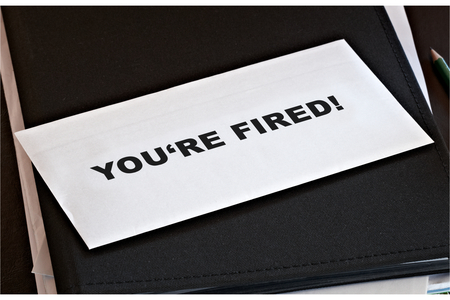Lawyer's Affair Leads to Firm Breakup, $2M Verdict
In a civil theft verdict that could hit two attorneys with some $2 million in damages, a Florida jury found late last month that two longtime associates of a well-known Tampa personal injury attorney essentially stripped the owner of their former firm of much of his practice.
The verdict—which was originally higher—was upheld Friday: Richard Mulholland’s former associates, William Winters, 48, and Marc Yonker, 41, asked Hillsborough Circuit Judge Richard Nielsen to declare a mistrial or set aside the jury’s verdict, recounts the Tampa Tribune. “Nielsen declined to do so but did reduce the jury’s verdict from $1 million to about $575,000. Then, per the law, he tripled those damages to $1.7 million.”
It took seven years for the case to wend its way through the legal system to trial, starting with the two associates’ ambition for a bigger role in the firm and an apparent affair between Winters and a then 29-year-old paralegal, Betsy Chapa, both of whom were married, reports the St. Petersburg Times in a lengthy feature article.
Ordered by Mulholland, who is now 74, to fire her, because it would be harder to replace an associate than a paralegal, Winters did so. But at that point, according to Mulholland’s complaint and the jury’s verdict, his former paralegal and the two associates began copying his high-dollar case files in preparation to form a new law firm, according to the Times.
Chapa also admittedly hacked into her former law firm’s computer after she was fired and changed client information to prevent Mulholland from being able to reach his clients once the two associates left. In their testimony, they denied that she did so at their request.
Winters and Yonker, who had been with Mulholland since 1985 and 1995, respectively, according to his complaint, didn’t grant interviews to the Times. But their sworn statements “suggest they may well have felt exploited during their time in the older attorney’s firm,” the newspaper recounts. “Mulholland personally handled perhaps half a dozen cases at a time; Yonker alone was assigned to as many as 350. By most accounts, Mulholland rarely appeared in court, conducted a deposition, or fielded clients’ calls. But when the fees rolled in, roughly two-thirds of that revenue went to him and the firm.”
Says Mulholland, who insists the case was never merely about the money, “They basically took 40 years of my work”—snapping his fingers—“just like that.”



